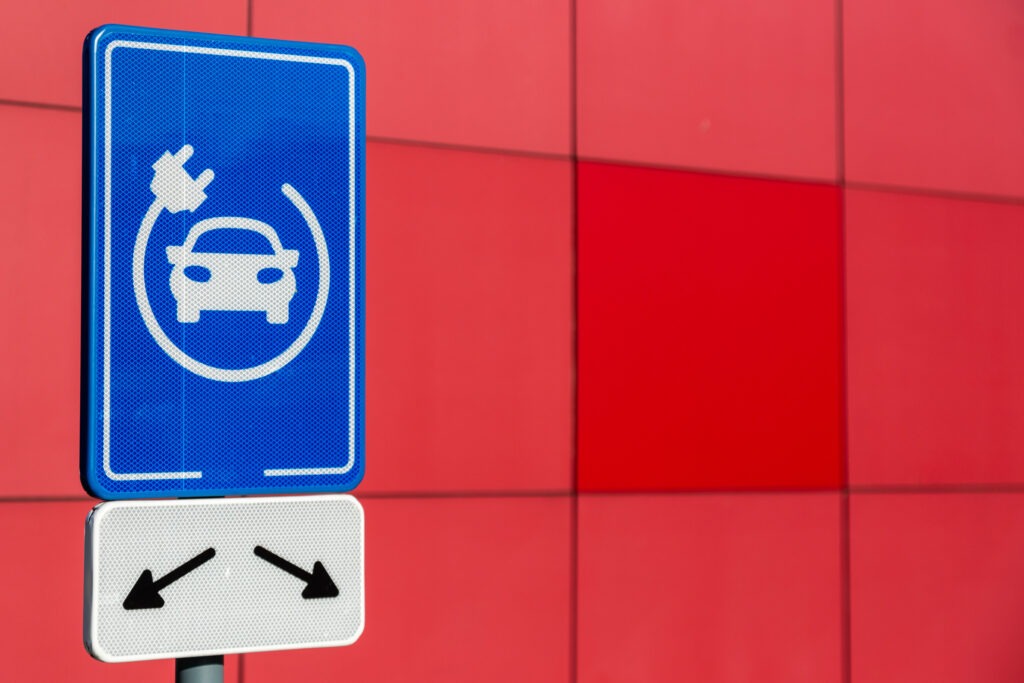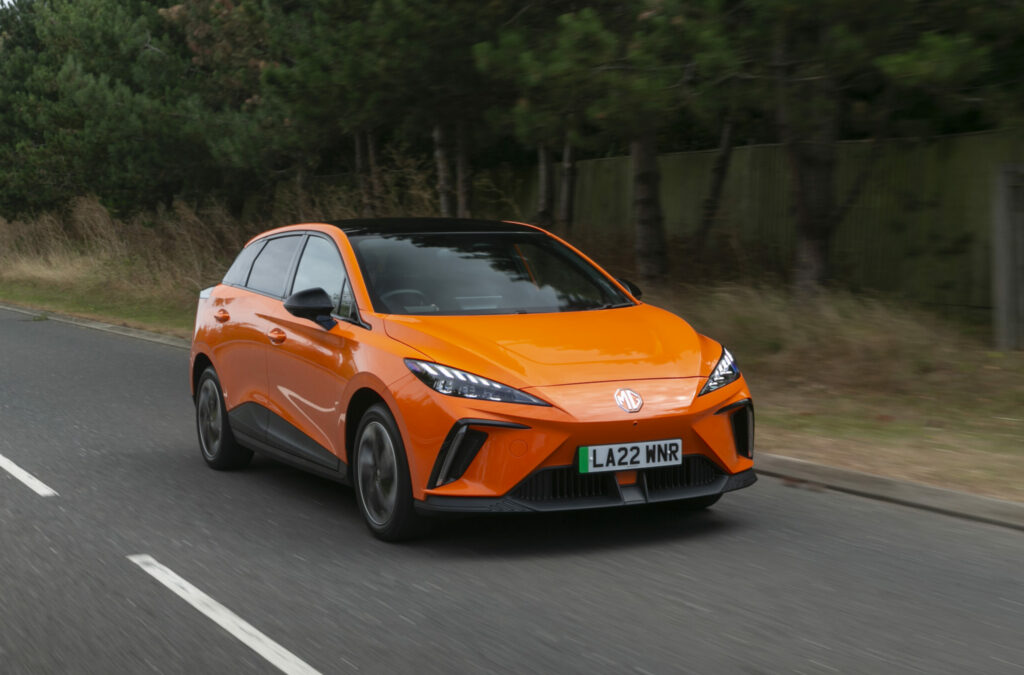Plug-in models account for 40% of Netherlands’ new-car sales
01 June 2023

The Netherlands continued to see positive plug-in vehicle performance in April. José Pontes, data director at EV-volumes.com examines the latest sales data.
After a good first quarter, the Netherlands saw plug-in registrations continue to increase, with growth of 53% year on year in April, to 11,919 units. This means plug-in vehicles accounted for 40% of the Dutch market in the month.
This was thanks mostly to battery-electric vehicles (BEVs) jumping 73% year over year, accounting for 28% of new-vehicle sales. With BEVs representing 69% of all plug-in sales in April, and 66% in the first four months of 2023, the all-electric trend continues.
The overall automotive market in the country, comprising petrol, diesel and hybrids, also grew to 29,669 units, although at a slower rate (up 35% year on year). Despite the sales growth, figures are still down 11% compared to April 2019, before the COVID-19 pandemic.
Tied for first place
In April 2023, the Lynk & Co 01 plug-in hybrid (PHEV) and its Swedish cousin the Volvo XC40 tied for first place amongst electric vehicles (EVs), both with 699 registrations. This put them in fourth in the overall market ranking.
Then came the Peugeot 208 EV in third, with 570 registrations. The electric version of the 208 accounted for 63% of the hatchback’s 912 registrations overall. The model came first in the Netherlands’ new-car market ranking.
Surprisingly, the Tesla Model Y came fourth with 442 registrations. This signals Tesla’s benefit from Giga Berlin, with the crossover now enjoying a smoother delivery cycle. The model ended the month 10th in the overall market.
The Ford Kuga PHEV ended the month in eighth position with 373 registrations, making it the market’s best-selling PHEV model once again. Ford’s crossover continues to sell in significant volumes, even in a BEV-friendly environment, thanks mostly to the leasing, where the model provides market-leading rates.
In the second half of the table, Opel placed both the Corsa EV (11th with 309 units) and the Mokka EV (15th with 231 units) in the top 20. The BMW iX1 ended the month in 16th place with 207 units. Finally, the Polestar 2 reappeared in the table in 18th place, compensating slightly for the Volvo XC60 PHEV’s slow month.
Outside the top 20, April witnessed the ramp up of the Hyundai Ioniq 6, with 127 units delivered. A few other models were very close to reaching the table too, such as the BMW i4 (172 units) and the Volvo C40 (171 units).
Out ahead
Looking at the 2023 ranking, the Tesla Model Y has enough distance over runner-up Lynk & Co 01 PHEV to stay in a comfortable lead. There might be greater concerns about whether the Chinese compact SUV can keep the silver medal from the Volvo XC40.
Lynk & Co might be pinning its hopes on its BEV successor due to launch next year. It will also depend on the future popularity of the Zeekr X, another cousin coming from Geely–Volvo’s apparently never-ending furnace of new models.
The podium bearers have already put a significant distance between themselves and their competition, with the question now being how they will be aligned by the end of the year. Still in fifth position, the Peugeot 208 EV gained ground on the fourth-placed Renault Megane EV.
In the second half of the table, the climbers were the Volkswagen (VW) ID.4, up five spots to 11th place; the Kia EV6, jumping from 18th to 14th; and the Opel Corsa EV, up to 13th. With the Opel Mokka EV just 12 units behind the Hyundai Tucson PHEV in 20th, a second Opel model could reach the table soon.
Finally, 14 BEVs made their way onto the table, one more than in January and three more than 12 months ago, highlighting that the BEV takeover continues to evolve.
Volvo recovers lead
In the manufacturer rankings, Volvo (10.6% market share) recovered the leadership position, after Tesla (10.4% market share) temporarily rose to first in March. Meanwhile, BMW remained in third with a share of 7.5%, down narrowly from 7.6% in the previous month. This allowed it to put distance between itself and Lynk & Co (7.1% market share, down from 7.5%) in fourth.
Finally, Kia (6.2% market share) made it to fifth thanks to the success of the Niro and EV6. However, with VW in sixth (6.1% market share) and Peugeot in seventh (6% market share) an interesting race could follow.
As for OEMs, the leader, Geely–Volvo, lost market share, going from 19.1% down to 18.6%. Stellantis made a gain (14.2%, up from 13.3% market share) thanks to positive performances from both Opel and Peugeot. VW Group was also up (13.8% market share, compared to 13.2% in March) and a rising Hyundai–Kia (11.1%, up from a 10.1% market share in March) profited from Tesla’s off-peak month to jump into fourth.



